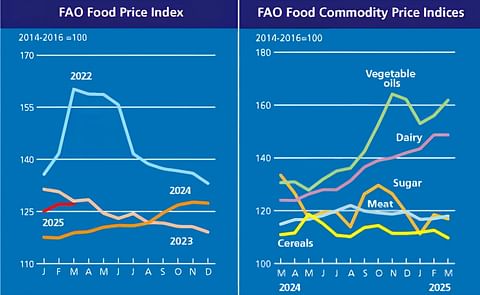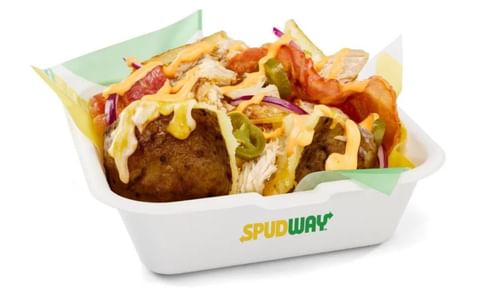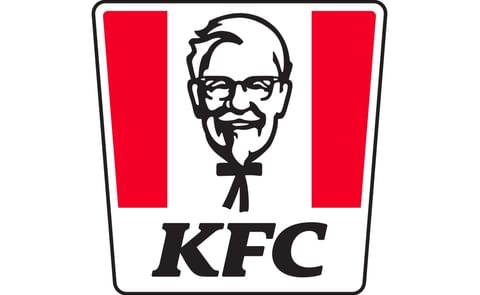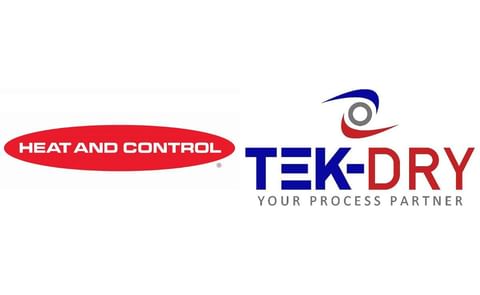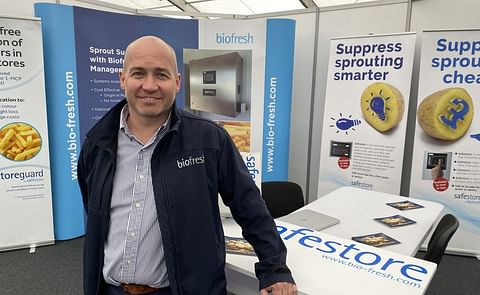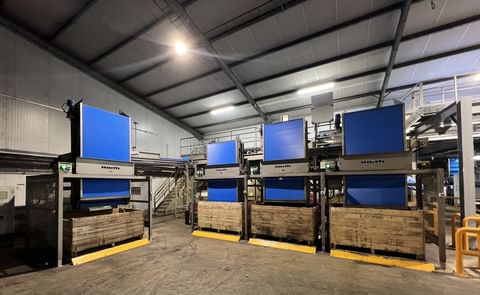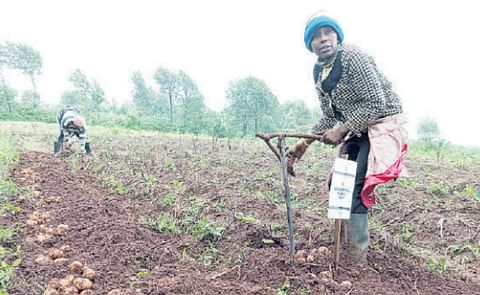Starch Europe Welcomes the Publication of the EU Farm to Fork Strategy
Starch Europe Welcomes the Publication of the EU Farm to Fork Strategy

Starch Europe today welcomed the much-anticipated publication of the European Commission’s EU Farm to Fork Strategy. Starch Europe and its members strongly support the Commission’s climate neutrality ambition and the important role a more sustainable food system plays to achieve that objective.
The holistic approach is proposed in the Farm to Fork strategy is strongly welcomed, as is the simultaneous publication of the EU Biodiversity Strategy.
Jamie Fortescue, Managing Director of Starch Europe:
“It is through the continued involvement and collaboration of all EU policymakers and all stakeholders in the food value chain, including both ingredient and final food producers, that a more sustainable food system will be achieved.”
Starch Europe insists on the importance that a number of points are taken into account going forward.
Food Safety and Raw Material Reliability
Food safety, raw material quality&availability, and farmers' income must not be compromised, and adequate funding for the CAP to support farmers to move towards more sustainable agricultural practices is crucial.
Furthermore, it is important to understand that plant protection products are used to fight against plant disease and guarantee quality and safety, and any restrictions in their use must be accompanied by measures to promote alternative means of disease limitation.
Healthy Sustainable Diets
Starch Europe fully acknowledges the public health concern about obesity, and the desire to promote sustainable food consumption to help tackle this multi-factorial issue through a holistic approach is obvious.
In order to help consumers opt for healthier and more sustainable diets, we see providing clear information based on solid science as critical.
Starch Europe insists on the importance of all consumer information messaging being consistent and based on robust science, not merely perception.
This should include increased communications in order to reassure consumers about the safety and high level of quality of the food ingredients produced by industry, and helping to strengthen consumer trust in innovation in EU food products.
Research & Innovation
Starch Europe also stresses that research & innovation would be fundamental to transition to sustainable food systems and that increased R&I investment was already acknowledged as being key to sustainability improvements through several EU initiatives.
Implementation and adequate funding for these existing initiatives will be key to the successful implementation of the Farm to Fork strategy.
EU policy clarity must also be brought on the use of new technologies including New Genomic Techniques, in order for private sector partners to be able to commit to R&I investments.
Christophe Rupp-Dahlem, Starch Europe President:
“The continuous innovation of the starch industry helps support and allow our customers in the food, feed, and industrial markets to develop more sustainable products.”
The Role of the Bio-economy
It is critical to fully understand the key role of the Bioeconomy in the transition to a more sustainable food system. EU Starch biorefineries serve all outlets of the EU bio-economy as a zero-waste industry.
Implementing all areas of the already agreed EU Bioeconomy Action Plan could in itself help achieve many of the Farm to Fork objectives.
Jamie Fortescue:
“Without the bio-economy, the EU will not be able to deliver on its climate neutrality objective.”
Considering the global market
Finally, an EU sustainable food system competes in a global market, and if the EU’s Farm to Fork objectives are not matched by its international competitors, the EU’s competitive advantage may be further compromised.
In the absence of a global level playing field, suitable mechanisms will be needed to ensure that EU starch producers can compete.
A very significant threat to a sustainable EU food system is the outsourcing of any link in the supply chain to less sustainable international competition.
All of these points were also included in Starch Europe's submission to the public consultation on the EU Farm to Fork Strategy earlier this year, available here.


